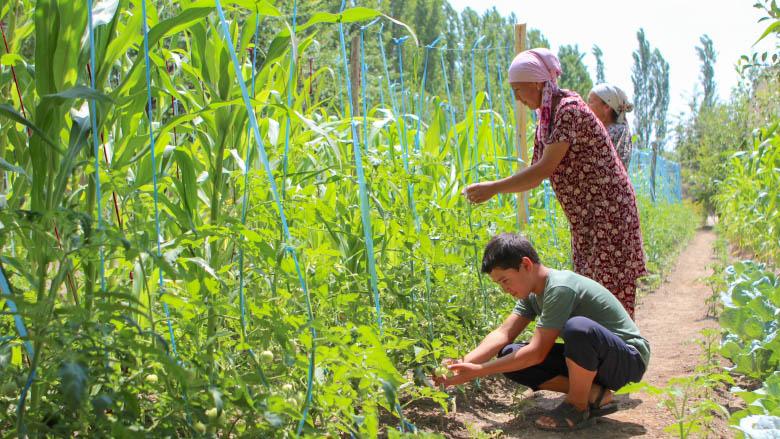Africa-Press – Namibia. AN estimate 40% of food crops are lost to plant pests and diseases annually, leaving millions of people food insecure and with seriously damaged produce, which is the primary source of income for rural communities and smallholders.
This was spelt out by Farayi Zimudzi, Representative in Namibian of the Food and Agriculture Organisation (FAO) of the United Nations, during the handing over of plant health surveillance materials and locust spraying equipment to the Ministry of Agriculture, Water and Land Reform on Tuesday.
As part of FAO’s support towards the STOSAR and African Migratory Locust projects, a consignment of Plant Health Surveillance Material and Control Materials and Locust Spraying Equipment Worth N$1.6 million was handed over to the Ministry of Agriculture, Water and Land Reform.
Zimudzi said plant health is increasingly under threat, while climate change and human activities are altering ecosystems, reducing biodiversity and creating conditions where pests can thrive.
“This in turn creates ample ground for the destruction and potential extinction of plants which can destroy the whole food chain and negatively affect our ecosystems,” she said.
Zimudzi stated that FAO has been coordinating efforts and responses to pests such as Fall Armyworm and Locusts by promoting innovative technologies for monitoring and early warning, and working with partners to enable knowledge transfer of integrated pest management (IPM) practices to farmers and plant protection institutions in developing countries.
Zimudzi added that Namibia is no exception as FAO has played an immense role in assisting Government in its efforts to contain pest outbreaks in the country in recent years.
In his acceptance speech, Agriculture Executive Director Percy Misika, said the donation from FAO comes at an opportune time and will enhance their efforts to rapid respond to pest outbreaks.
Misika stated that the ministry will establish surveillance, mechanism, as well as early warning and forecasting systems which are important to alert Government and farmers about the presence of pests. He noted that Namibia has experienced frequent outbreaks of plant pests and diseases that have been reported in areas where they are uncommon.
As a result, trans-boundary plant pests and diseases of economic importance have caused significant damage to crop production, resulting in severe adverse impacts on livelihoods, food security and nutrition, and the national economy.
“The inadequate national capacity for pest surveillance, monitoring, early warning system, emergency preparedness and pest eradication including weak linkages amongst the relevant stakeholder institutions are some of the main factors that contribute to the introduction and spread of pests,” he said.
He indicated that they are very concerned with the emergence, intensity and spread of this pest. To make matters worse, he said, there is the intermittent outbreak of the Brown and African migratory locusts, the tomato leaf minor and fruit fly, which are amongst the most destructive transboundary plant pests and diseases that threaten food and nutrition security in the country.






